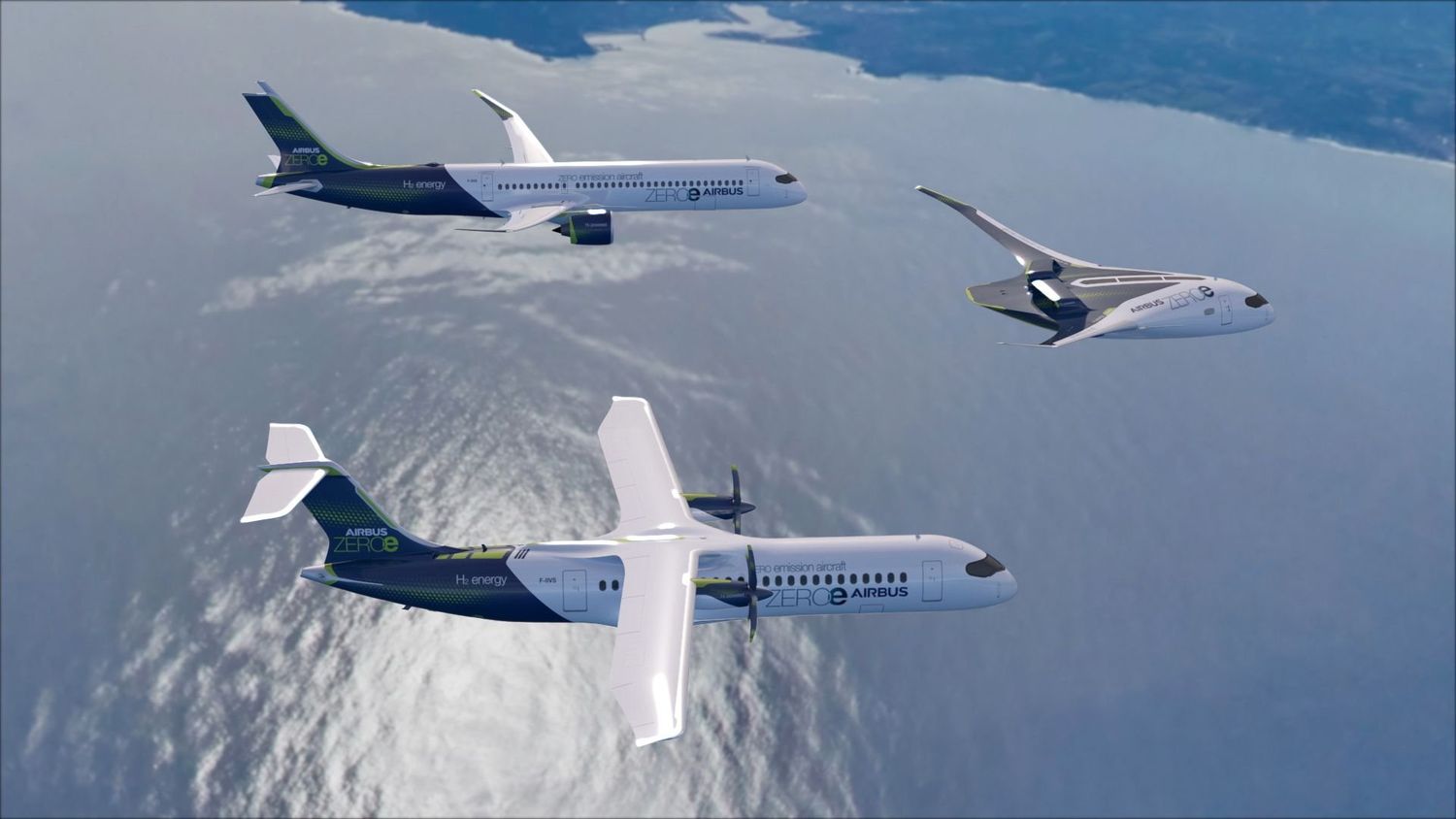Air New Zealand and Airbus are expanding their collaboration to develop the use of hydrogen in New Zealand. They will enter a new phase by bringing together key industry players. The partners will assess the means to deploy hydrogen hubs at airports. Christchurch Airport will be the first step in the trials, extending to the remaining members of the program.
The collaboration will «broaden and affirm» the understanding of hydrogen supply, required infrastructure, airport fueling requirements, and hydrogen-powered aircraft operations, in order to support the development of this ecosystem. Among its goals, the association will also identify pathways for viable and sustainable commercialization of aircraft technologies and the associated regulatory framework.
«New Zealand is a perfect aviation network, in terms of traffic, flight distances, and airport network, for the deployment of regional and medium-haul hydrogen aircraft,» says Karine Guenan, vice president, ZEROe Ecosystem at Airbus. «This is fully in line with our strategy to deploy hydrogen aircraft first in the most suitable markets. New Zealand has great potential for hydrogen production from renewable electricity sources.» Guenan adds that «the unique combination of competencies that our consortium brings to the table promises a high level of learning for the use of hydrogen at airports, both for aircraft and beyond.»
Related content: Airbus unveils zero-emission hydrogen-powered engine
From a technical point of view, Airbus will contribute the experience gained from the operations of its «ZEROe» hydrogen aircraft. It will also make available its own research hypotheses on liquid hydrogen requirements for future hydrogen aircraft deployments.
Airbus has been an early advocate of hydrogen, identifying it as the most promising option for decarbonizing commercial aviation. Low-carbon hydrogen can be used directly on board aircraft for propulsion through combustion in a turbine and for on-board power generation through fuel cells, or indirectly as a feedstock for synthetic fuel.
New Zealand, on the other hand, presents a unique opportunity for new aircraft energy sources for several reasons. First, it has an energy matrix with a high proportion of clean energy. More than 80% of New Zealand’s electricity is supplied by renewable energy sources. The New Zealand economy also relies heavily on short-haul domestic flights, with more than 60% of flights being less than 350 km in length. Both of these factors make New Zealand an ideal testing environment to explore the potential of new energy sources for the industry.


Comentarios
Para comentar, debés estar registrado
Por favor, iniciá sesión